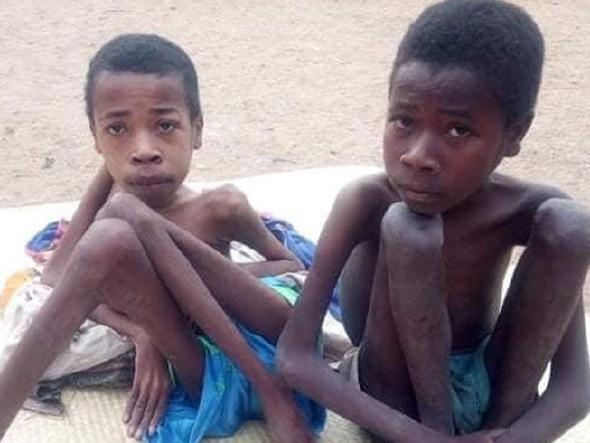A new report from anti-poverty charity Oxfam warns that 20 million more people across the world have been pushed into extreme food insecurity because of the impact of Covid-19.
The report, The Hunger Virus Multiplies, published in July
2021, notes that a total of 155 million people across 55 countries are
experiencing “extreme levels of food insecurity”.
Over 520,000 are living in “famine-like conditions” – more than six
times the number experiencing such conditions at the outbreak of the
pandemic eighteen months ago.

The economic impact of Covid-19 has joined global conflict and
climate change as one of the main drivers of food poverty and famine.
Oxfam calculate that the rate of death from starvation is eleven
people every minute, compared to seven people per minute dying from
Covid-19.
“What we saw as a global health crisis has quickly spiralled into an
inflamed hunger crisis,” says the report. “A year and a half since the
pandemic began, deaths from hunger are outpacing the virus.”
Unemployment and food-price inflation lead to “spike in hunger”
The global financial downturn caused by the inability of economic
activity – business, manufacturing, agriculture – to continue as normal
has, says Oxfam, “led to a spike in hunger”.
Around the world 33 million people have lost jobs, while food prices
have risen by 40%, factors which mean that food is often not affordable
even where it is available.
Along with unabated global conflict and extreme weather events such
as droughts, cyclones, flooding and swarms of locusts, food insecurity
has worsened acutely in “extreme hunger hotspots” such as the Democratic
Republic of the Congo, Yemen, Nigeria, and the West African Sahel
region, along with “emerging hunger hotspots” such as Brazil and India.
The report concludes that drastic measures are urgently needed to
alleviate the suffering of hungry and impoverished people across the
world.
food.gives, in association with Barnabas Fund, is your opportunity to
share your food
with hungry believers around the world. It’s like a local
foodbank … but it’s international and it’s for poor and persecuted
Christians.
Related Countries
Global









